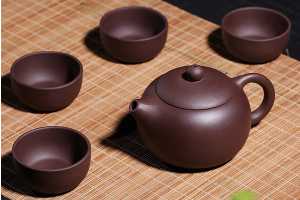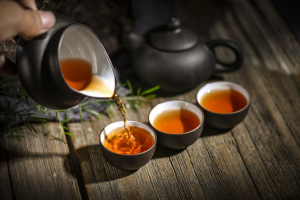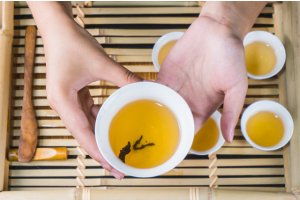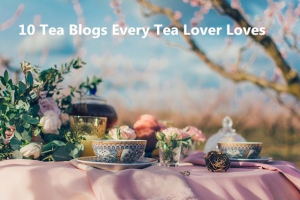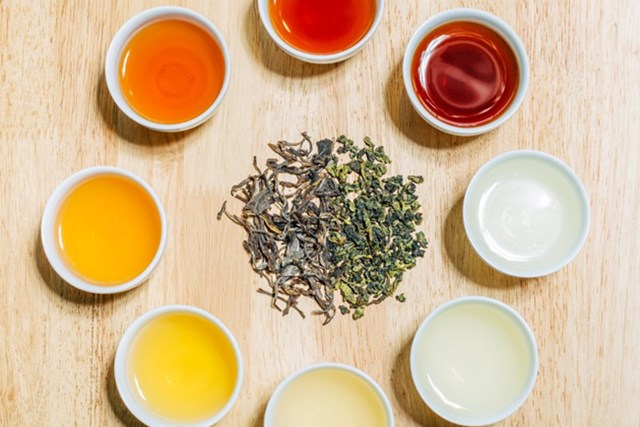
Some tea beginners often say: "This longjing tea is so weak and tasteless, why is it worth this money?" Sometimes tea is obviously more expensive, but tea tastes very weak, especially for some friends who like to drink strong tea,it is indeed a great annoyance.
In order to answer this question, first we clarify two concepts called "fullness" and "intensity" of tea. The so-called'fullness' of the tea refers to the thick and light feeling of the tea soup entering the mouth. It can also be called tension, which refers to the substance in the tea soup. Good tea must be rich in substance, but not few The main influence factor is amino acids.
We understand "fullness," then "intensity."Thick and light are generally related to the brewing time, the amount of tea, etc., but there is no absolute correlation with the degree of fullness."Fullness" is determined by the nature of tea, and "concentration" as long as more tea or more bubble for a while can be solved!I I often get a light but full tea soup.The so-called light and thick, is the real sense of the light and thick tea?The better the tea, the more and more balanced the content of the tea, and the more mellow and full of flavor.
Tea that is neither bitter nor strong is not good tea, is it true? Isn't it good tea if the tea tastes so weak? Here is the absolute answer, no, absolutely not.
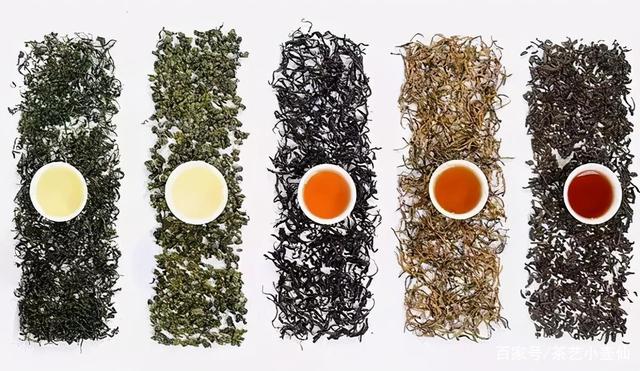
What affects the taste of tea?
First of all, from the perspective of tea itself, the contents of tea have a very important influence on tea soup. The main factors affecting the taste and taste of tea are as follows:
Tea polyphenols determine whether the tea is astringent; caffeine affects the bitterness of the tea soup; theanine affects the sweetness and freshness of the tea.
1.The cause of the bitterness of tea
Many tea friends think that tea leaves have a bitter taste, so they can attribute tea leaves to the rank of strong taste. In fact, bitter taste substances and irritating astringent substances are the main components of tea soup, and tea leaves themselves have a bitter taste is a normal phenomenon. It cannot be said that the bitter and astringent taste of tea means that it has a strong taste.
Tea contains tea polyphenols and caffeine. These two substances are the main source of bitterness and astringency in tea. Therefore, as long as it is tea, it will have a bitter taste. However, the bitterness and astringency in a good tea is only a moment fleeting, and will not stay on the taste buds for too long. After the bitterness disappears, it will return to sweetness and produce body fluid. Drinking it makes people happy.
2.The causes of sweetness of tea
The freshness and sweetness in tea soup are dominated by the sweet substances and refreshing substances in tea. The sweet substances contain soluble sugar substances and some amino acids, such as glycine, alanine, and serine. The free amino acids in the fresh and refreshing substances are partly included in the sweet substances, so the fresh and sweet taste in the tea soup is accompanied.
Furthermore, although the sweet substance is not the main flavor of tea, when its content is high, it can weaken the bitterness and astringency in the tea soup to a certain extent. This is one of the reasons why some teas have low bitterness and astringency and obvious sweetness.
3.Why is the tea soup sour?
In addition to the taste and feelings mentioned above, some people may have experienced the sourness of tea when they drink tea. Is this sourness good or bad?
The acids in tea mainly include amino acids, organic acids, gallic acids and so on. The sour taste of tea is caused by the sour substances in tea.
Sour taste can be divided into normal and bad according to the situation. If the tea has a sour taste due to fermentation, processing technology, and storage, the sourness is relatively heavy, and the tea soup tastes uncoordinated over time. It can be judged that the tea is not good; but if the sourness is extremely low and does not affect the overall taste, The taste is more coordinated and can also be regarded as a normal sour taste.
To sum up, the intensity of tea soup is closely related to the content of tea leaves, so how should the intensity of tea be defined?
Most people determine the intensity of tea based on the taste, rather than fixed data.
Assessing the quality of tea is not simply a matter of making bubbles and tasting. It needs to combine factors such as raw materials, technology, storage, and brewing methods to make a more objective judgment.
The content of tea will affect the taste of tea soup, but the brewing time and method of tea are also important factors.The light fragrance of Longjing, the mellowness of Pu'erh.You can refer to Why does your tea taste different from others'?

